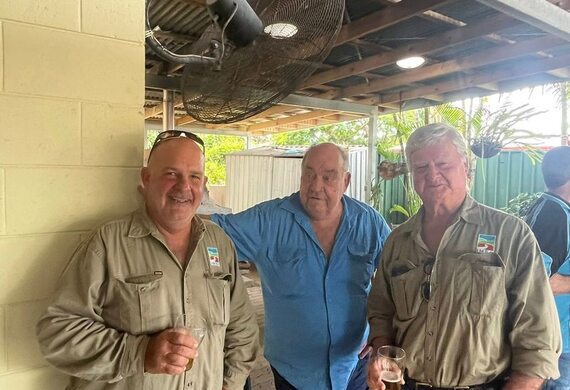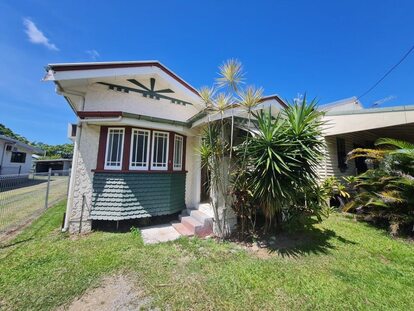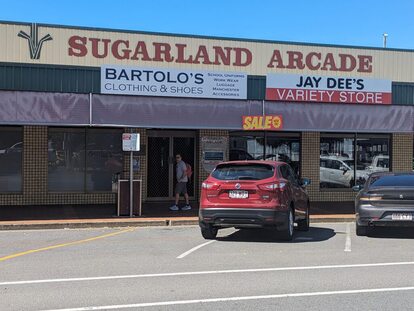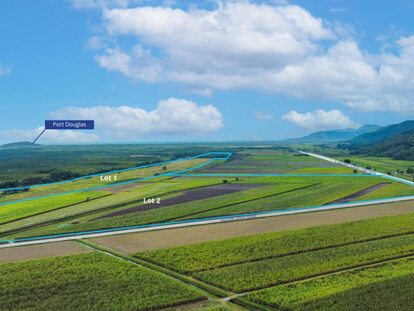Opinion: Lowe’s weak weaponry
Opinion
Reserve Bank Governor Philip Lowe is like a passenger in a racing car with both hands on the handbrake. Meanwhile, the real driver (the Government) has feet on the accelerator and foot brake and hands on the gears and steering wheel.
Yet it is Lowe who is expected to ensure the car circumnavigates the track, does not crash or break down, and glides to the chequered flag to the applause of one and all. But if he applies the handbrake (as he has done) and the car sways erratically, he is pilloried.
It is an impossible task. If the driver flattens the accelerator to the floor in the straight, no handbrake will prevent disaster at the next turn. There are solutions to this which I will come to later.
In the meantime, it was utterly hypocritical for legislators (particularly those on the government side) to barb Lowe for behaving aggressively with the handbrake when they have the wherewithal to calibrate the economy with much less disruption and greater fairness by using the gears, the footbrake, and steering wheel to get a far better and more calibrated control of the vehicle called the Australian economy.
Those other levers (fiscal policy) mainly come down to three things: tax, government spending, and competition policy.
If prices are soaring, as they are now, higher taxes would dampen demand causing prices to fall. If the economy is sluggish higher welfare spending would stimulate the economy.
Raising and lowering interest rates, on the other hand, is a far weaker weapon. That’s why I liken it to the feeble handbrake.
It is weaker because whenever the Reserve Bank increases interest rates, it might dampen demand from mortgagor home-owners, but it increases demand from deposit-holders whose returns go up with interest rates.
Interest rates are weaker because a lot of their hit can be passed on. The wealthy, who generally spend more and contribute more to inflation, very often organise their affairs so that their interest payments (on investment properties and share portfolios) are tax deductible and can often be passed on in higher rent.
Further, under our misguided view of inflation, the Consumer Price Index, upon which the inflation figure is based includes housing costs. So, if interest rates go up, it fuels inflation.
Also, the Australian economy is grossly uncompetitive. A couple of supermarket chains, a few banks, one big hardware outlet, and a couple of big homeware retailers dominate the whole show. Go, Harvey, go.
There is little pressure on them to lower prices. Indeed, if interest rates go up, their costs go up, so they are likely to pass that on with higher prices. And in the absence of competition, they can do so easily.
Tax is a much more effective fighter of inflation. For a start one person’s tax increase is not another’s tax cut. Tax increases and cuts can be targeted more fairly.
Interest rate rises, as we are seeing, apply erratically, unfairly, and unpredictably upon younger, newer home-owners, tipping some into bankruptcy or catastrophic bank repossessions.
There were some telling points in last week’s exchanges between Lowe and the legislators.
Lowe said he was able to take the criticism.
“That’s why the central bank is independent in its decision-making from the political process,” he said. “It’s easier for me to do unpopular things than it is for maybe some of you.”
Imagine if we went back to the bad old days when the Reserve was not independent and Treasurers in effect set interest rates and in the more distant past when they set the exchange rate. And Treasurers invariably took the short-term political view in the interests of the party in power to the detriment of greater long-term national benefits.
Of course, if the politicians are so angry with the Reserve, it is within their power to take away its independence and do the dirty, unpopular work themselves.
But they won’t, just as they have not had the spine to reform the tax system to do away with rorts and unfairness because that would require some vote-losing measures.
That said, it should be easy enough to ditch the inflation-boosting Stage 3 tax cuts. It should be done now because a lot of inflation is as much about expectations as reality. If relatively well-off people think their take-home pay will rise before too long, they will be less likely to curb spending now.
But in the absence of a political will to tackle tax and competition directly, what is to be done?
Why don’t we give the Reserve a couple more levers? It should have the power to impose inflation-fighting tax surcharges directed at well-off big spenders. And then withdraw the surcharge if the economy dips.
Another possibility is to give the Reserve the power to raise or lower the GST as an inflation-fighting tool. Or better still, give it the power to raise or lower a luxury-goods tax. The price rises generated by these measures would, of course, have to be excluded from the consumer price index upon which the inflation figure is based.
In short, instead of berating the Reserve and its Governor for using their only weapon, and a weak one at that, to curb harmful inflation, we should be giving them some new armoury.
And we should give the Australian Competition and Consumer Commission greater powers to break up oligopolies.
We have a different economy now. For a quarter of a century public policy has removed a lot of the tax burden from the wealthy and added the burden to the less well-off as government services (especially in health and education) have deteriorated.
Now we are adding to that burden with higher interest rates which hit the younger and less well-off very hard. This is because a deadly combination of mad negative-gearing and capital-gains-tax concessions have transmogrified housing in Australia over the past 25 years into a financial, tax-avoiding plaything rather than a means of providing shelter and security.
New thinking is needed.
This article first appeared in The Canberra Times and other Australian media on 21 February 2023.
Thank you!
Newsport thanks its advertising partners for their support in the delivery of daily community news to the Douglas Shire. Public interest journalism is a fundamental part of every community.
Got a news tip? Let us know! Send your news tips or submit a letter to the editor here.
* Comments are the opinions of readers and do not represent the views of Newsport, its staff or affiliates. Reader comments on Newsport are moderated before publication to promote valuable, civil, and healthy community debate. Visit our comment guidelines if your comment has not been approved for publication.























